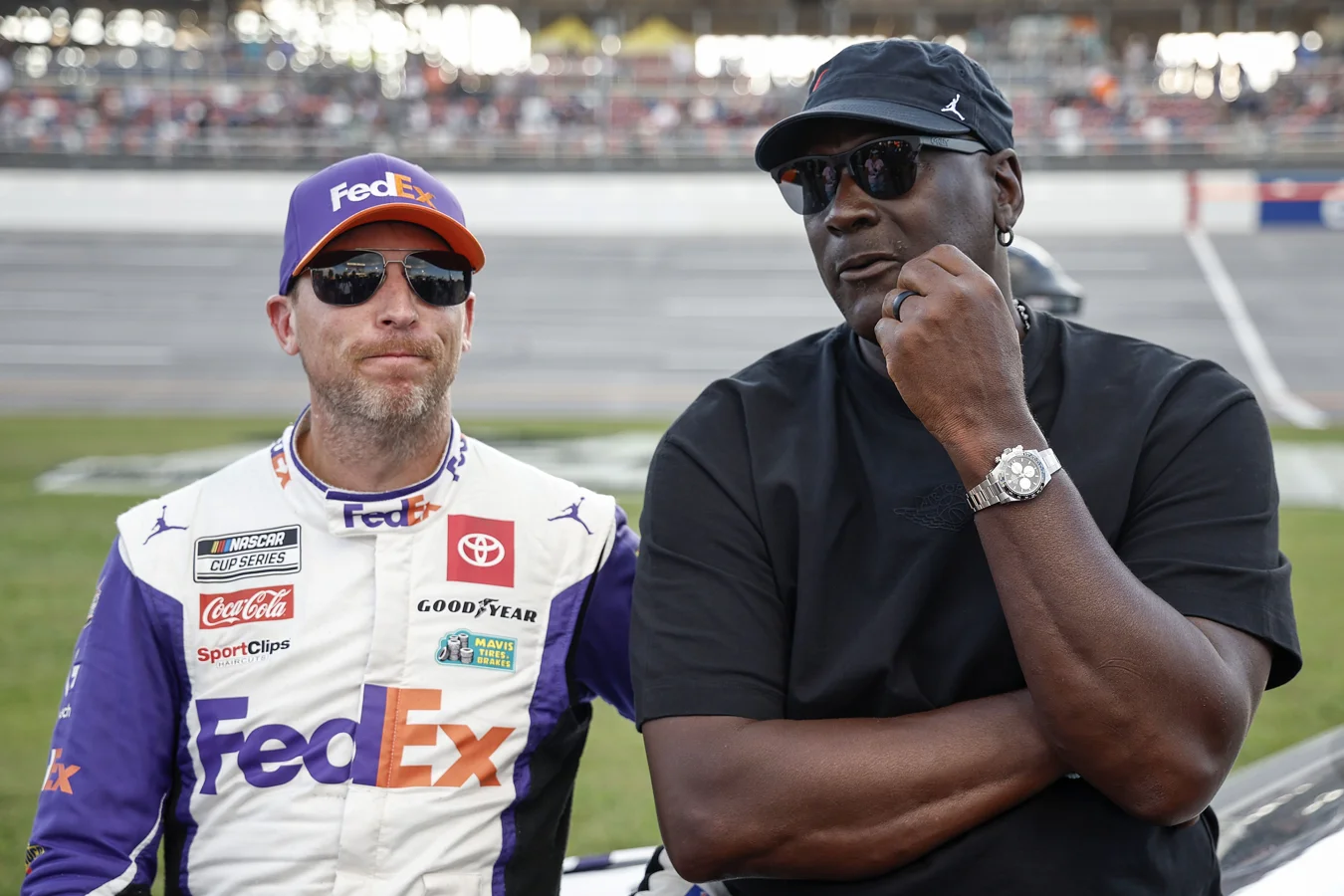Denny Hamlin criticizes NASCAR playoff system, expressing concerns about its randomness following another intense season shakeup. Speaking during a media session, Hamlin highlighted how the current format challenges determining the sport’s most skilled drivers and questioned its impact on identifying a clear champion.
Playoff Structure Raises Questions Among Participants
NASCAR’s playoff system, which begins after the regular season, advances 16 drivers into a series of elimination rounds. Each round—a set of three races—whittles the field from 16 to 12, then 8, and finally down to the top four who compete for the championship. Despite the intention to reward both consistency and high performance, this design has been widely debated by fans, insiders, and drivers.
Discussing the system, Denny Hamlin did not hold back his concerns over its unpredictability, which many believe undermines the ability to recognize true season-long excellence. Hamlin pointed out that the format can make it difficult to tell a compelling story about favorites and rising stars versus underdogs. He emphasized that being caught up in accidents or technical failures can end championship hopes, regardless of a driver’s skill during the season.
“That’s the part about it that I think NASCAR doesn’t understand is that how are you supposed to understand and write a narrative of favorites when it’s completely randomized sometimes. It shouldn’t be so random.
“You want to create the narrative of like these are the best guys, you should be watching them, these are the underdogs. But at this point, it’s just like, who’s going to get caught up in the wreck and in Talladega? Who’s not going to blow an engine? And that’s part of the beef I have with all this is how do you create star power when it’s all randomized?”
Hamlin attributed part of his frustration to high-profile races like the Roval and Talladega, where unpredictable circumstances often play a major role. He also acknowledged NASCAR’s willingness to revisit and potentially revise the format, noting that leadership has shown openness to adjustments that could focus on a larger collection of results, which he believes would make championship outcomes more meaningful and credible among fans.
Committee Diversity May Shape Future Changes
During the discussion, Hamlin referenced input from media figures like Jeff Gluck, who brought up the playoff committee in charge of evaluating changes to the championship format. Hamlin noted the significance of the committee being made up of 30 to 40 voices, including experienced personalities such as Mark Martin, which brings balance and diversity to decision-making.
The presence of many perspectives within the committee has, according to Hamlin, prevented any single opinion from dominating the conversation. This collaborative approach gives him optimism that future adjustments will be vetted thoroughly and will address concerns shared by drivers and fans alike.
“It’s not that there’s not one opinion that is overtaken the room like everyone’s had a pretty good voice with it so I feel like everyone’s well represented. And I believe that we’re going to end up in a good spot, something that the drivers and certainly myself will get behind,” Hamlin claimed.
Hamlin emphasized that while past seasons have produced bona fide champions under the current playoff rules, he remains hopeful that a new system—or refined version—will foster even greater credibility for winners and enhance the narrative for all involved.
Adjustments on the Horizon for NASCAR’s Championship Format
As NASCAR considers ways to tweak its playoff system, many within the sport await potential changes that might increase fairness and clarity in the championship chase. The involvement of a diverse and sizable committee signals a comprehensive review process, suggesting that feedback from respected insiders—and vocal veterans like Denny Hamlin—will help shape the next evolution of the postseason format. Attention within the drivers’ ranks and among fans will be high as the league prepares to respond to ongoing calls for reform.
